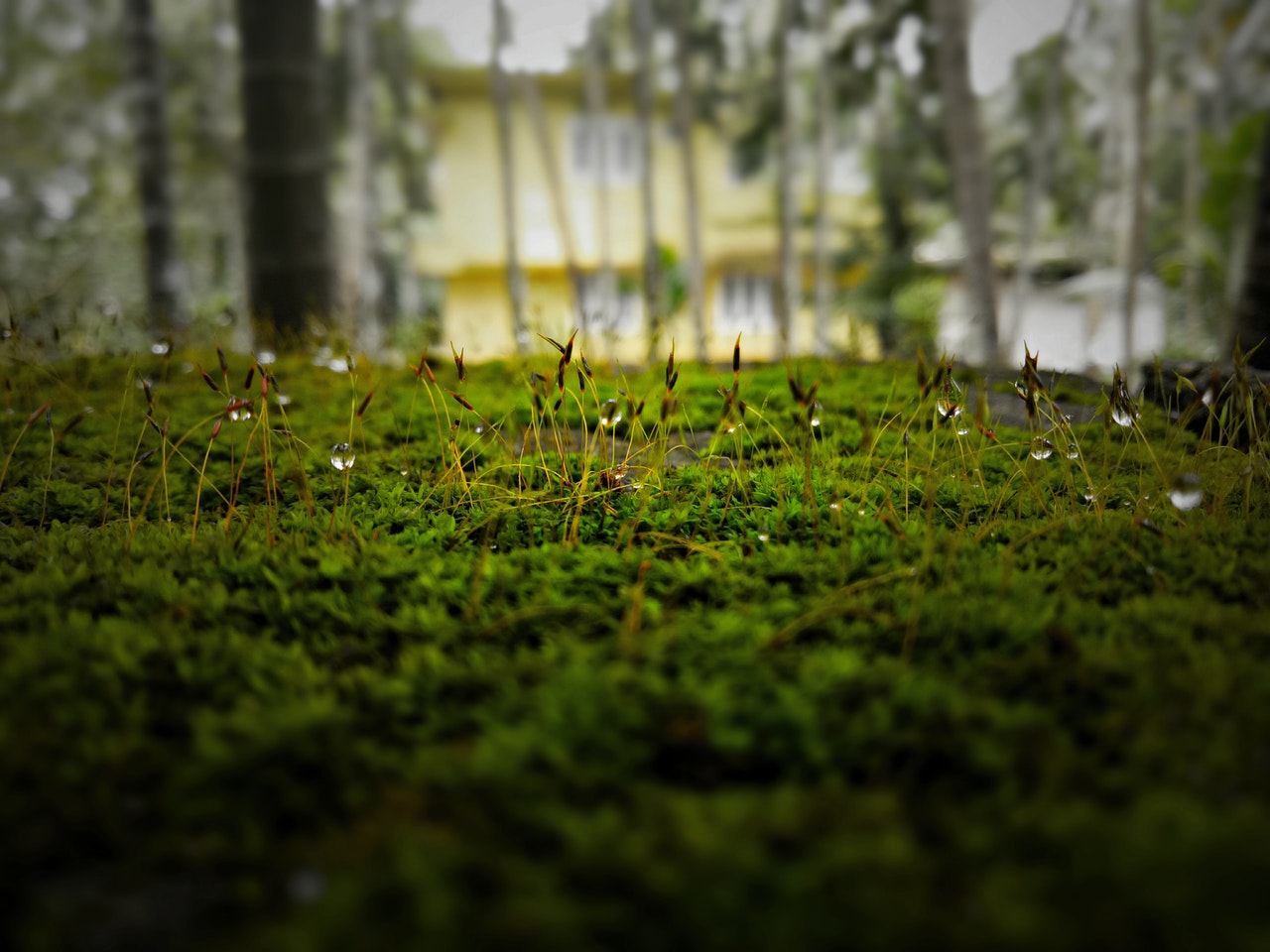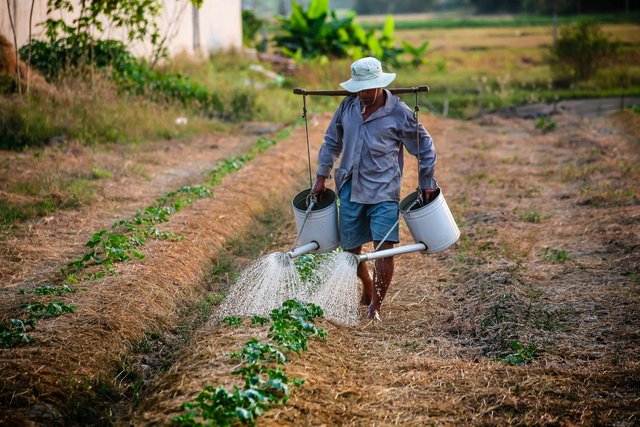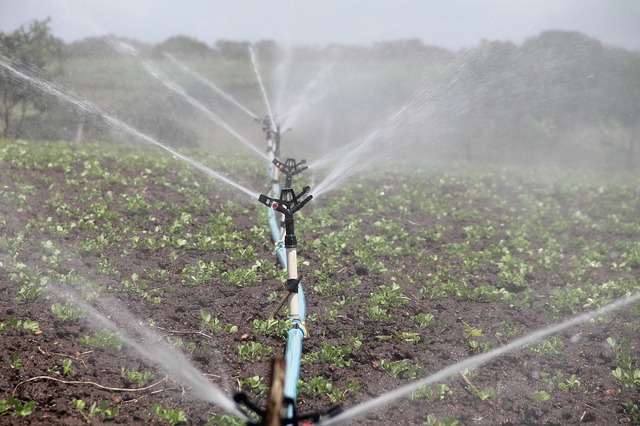Improve Farming With Irrigation
Irrigation is a process where water and nutrients are applied to fields lacking moisture. It is a manual process by which farmers can apply water to their soil in amount which suit crops they plant, without depending on rains. Considering the fact that dry season presents an average Nigerian farmer with lots of challenges. From the cost involved in getting water to the farm to the stress of having to water plants manually, it could serve as a deterrent to any potential farmer intending to go into agriculture.Climate in Nigeria is largely unpredictable, Other parts of the country are not left out of the effects of climate change, in most parts rainy season comes late, at other times it ends early, at other times it comes short and heavy leading to floods.
Climate conditions cannot be predicted and its important that farmers take the conditioning of moisture on their farms seriously, in other to avoid huge loss and low productivity. Some farm lands receive yearly moderate rainfall and other farm lands in northern Nigeria are the worst, with most of them suffering the effects of rampaging desertification. Desertification is a process by which fertile farm land becomes desert and is becoming paramount in Northern Nigeria, with an average of 55% of land mass lost to the desert, almost 350,000 hectares of land which can be used for farming becomes part of the desert yearly. It is expected that constant farming through irrigation would help encourage planting of crops and application of nutrients through fertilizers to soil which could end desertification.
There are various types of irrigation systems, among them are;
Rain Gun:
Just as the name implies, it has a functionality that resembles rain. Water falls through the air dissolving nitrogen in the air and applying it in the soil. This adds nutritive value to the soil. This system is cheap, with the farmer not needing to spend money on pipes. Although it requires a large water source and manual labour.Drip Irrigation:
This system allows water to drip and drop from pipes running all around the farm, it helps to conserve water and properly pass moisture to soil thereby boosting harvest. With drip irrigation quality of products is increased as soil effectively absorbs nutrients, it requires little or no manual labour after installation.Its main disadvantage is that it can be expensive to install although its benefits may over weight this disadvantage.
Sprinkler irrigation:
Water is distributed by overhead high-pressure sprinklers or guns from a central location in the field or from sprinklers on moving platforms.
Storage facilities should also be provided depending on the amount of water a farmer needs and availability of water. A farmer should consult other farmers to get information extensively about best methods to implement irrigation in the farmers location
With an all year round farming and plentiful yield a farmer is assured of productivity from his farm. This can be achieved through a good irrigation system.


